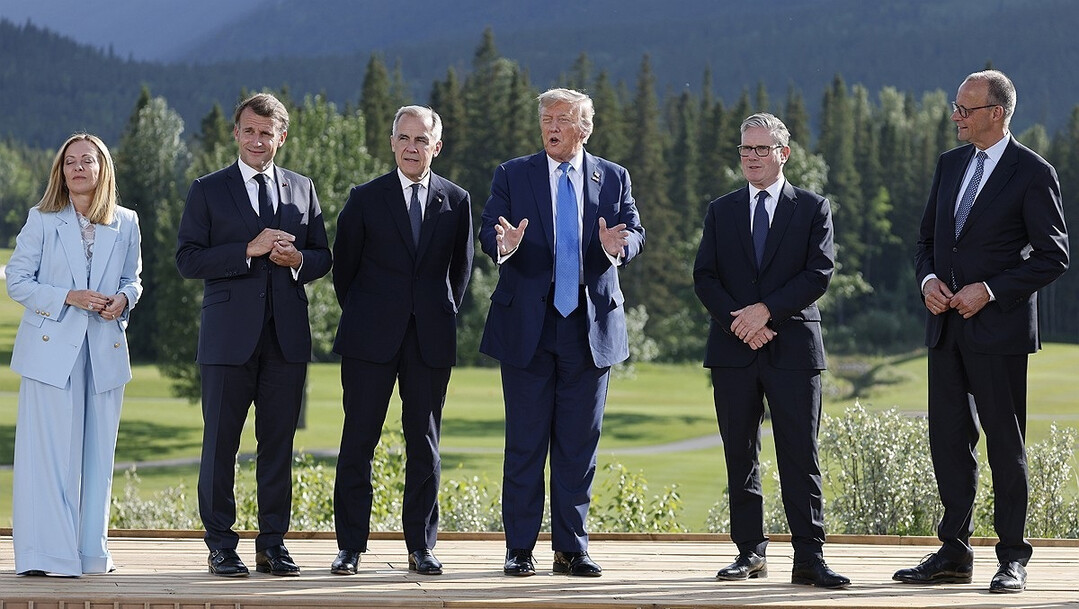
In a significant concession, the Group of Seven (G7) nations have agreed to exempt U.S. companies from the global minimum corporate tax, a landmark initiative designed to curb tax avoidance by multinational corporations. The decision, announced in a G7 statement on June 28 (local time), aims to maintain stability within the international tax system, but it also raises concerns about the future efficacy of the ambitious tax reform.
The global minimum tax, championed by the Organization for Economic Cooperation and Development (OECD), seeks to prevent large multinational corporations from shifting profits to low-tax jurisdictions. The framework, known as Pillar Two of the OECD's Base Erosion and Profit Shifting (BEPS) project, stipulates a 15% global minimum corporate tax rate. Under this system, if a multinational enterprise pays less than 15% tax in one country, other countries where it operates can levy a top-up tax to reach the minimum rate. The rule applies to multinational enterprises with consolidated revenues exceeding 750 million euros (approximately $800 million USD).
Initially, U.S. tech giants such as Apple, Meta (formerly Facebook), and Amazon were widely considered to be primary targets of this new tax regime, given their global reach and complex tax structures. The former U.S. administration, under President Joe Biden, had been a strong proponent and signatory to the global minimum tax agreement. However, the subsequent administration of President Donald Trump vehemently opposed the measure.
President Trump argued that the global minimum tax infringed upon U.S. tax sovereignty, effectively transferring the right to tax American companies to other nations. He had threatened retaliatory tariffs and other measures against countries that sought to apply the tax to U.S. firms. Indeed, the U.S. Congress had even been considering legislation that would impose punitive measures, including an "Article 899" provision in a proposed tax cut bill. This provision aimed to levy additional taxes on income earned by investors from countries that applied the global minimum tax to U.S. securities.
The escalating tensions between the U.S. and the G7, along with broader international community, had led to widespread fears of a potential trade and tax conflict. After several months of intense negotiations, the G7 ultimately capitulated, agreeing to carve out an exemption for U.S. corporations. Concurrently, the U.S. also withdrew the controversial Article 899 from its proposed tax legislation, signaling a de-escalation of the dispute.
The G7's decision to exclude what many considered to be key targets of the global minimum tax has prompted concerns that the entire initiative could be rendered largely ineffective. Critics suggest that without the participation of the world's largest economy and its dominant multinational corporations, the system may struggle to achieve its stated goals of reducing tax avoidance and fostering a fairer international tax landscape.
Furthermore, there are now growing concerns that the U.S. may pressure other nations, including South Korea, which had also committed to implementing the global minimum tax, to grant similar exemptions to American companies. Such a development would further undermine the universality and impact of the global tax reform, potentially leading to a fragmented and less effective international tax system. The move highlights the persistent challenges in achieving global consensus on complex economic policies, particularly when faced with strong domestic political opposition.
[Copyright (c) Global Economic Times. All Rights Reserved.]






























